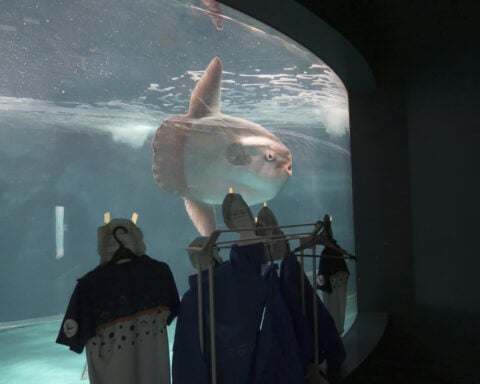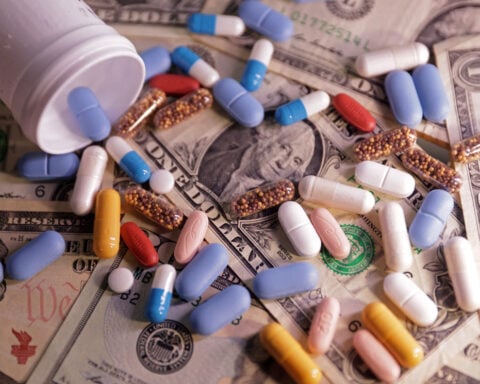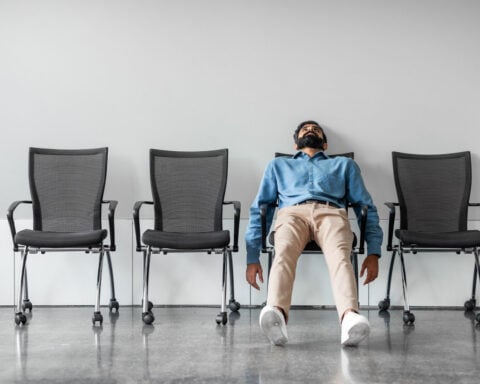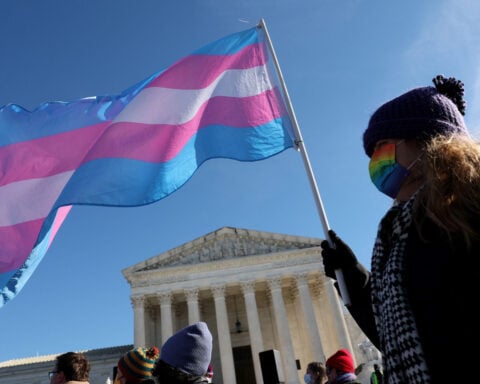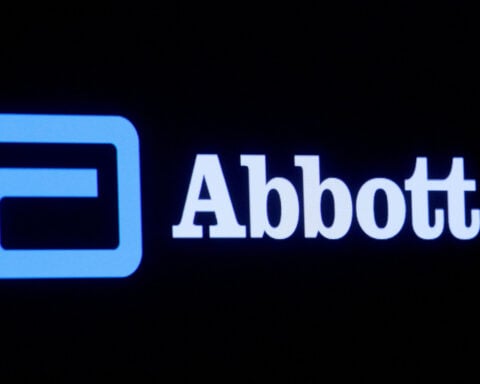That racing heartbeat. Those spiraling thoughts about last night's conversations. The overwhelming sense of dread that grips you the morning after drinking - even when you did nothing embarrassing.
This phenomenon, dubbed "hangxiety - the anxiety that accompanies hangovers," affects countless drinkers worldwide. But neuroscience now reveals that your choice of alcohol might determine how severely you experience this post-drinking anxiety. The difference lies in the complex chemistry of various alcoholic beverages and how they interact with your brain.
Beer and clear spirits appear to cause less hangxiety, while dark liquors like whiskey and brandy are more likely to trigger post-drinking distress.
"Almost anyone who drinks any alcohol will experience alterations in their brain when they're coming off the alcohol," said David Nutt, a neuropsychopharmacologist and professor at Imperial College London. "With a small amount of drinking, that may manifest as confusion, but after larger quantities, you can have anxiety."
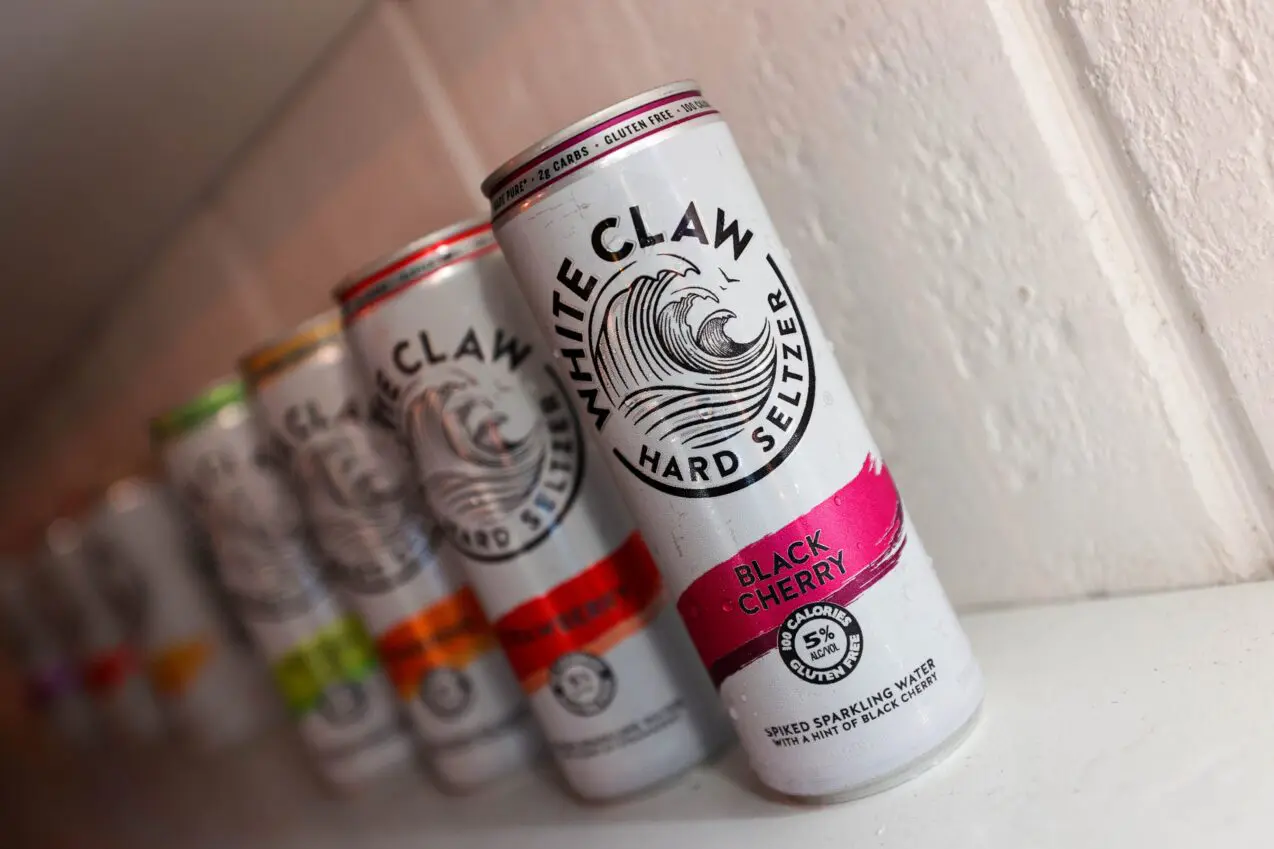
The morning-after dread stems from how alcohol disrupts the brain's delicate chemical balance. When alcohol enters the bloodstream, your body adapts by getting drunk. But when your brain senses that, it tries to maintain control by fighting to stay awake, Nutt told National Geographic. This defensive response continues long after the last drink, sending your heart racing and filling you with anxiety the next day.
However, not all drinks affect the brain equally. Beer, particularly low-alcohol varieties, ranks among the better options for minimizing next-day nervousness.
"Beer is a centuries-old drink, it wasn't created for social reasons, or drinking for pleasure, but to actually keep us hydrated," Nutt told The Telegraph. He noted that in Britain before the 18th century, people regularly drank small amounts of beer instead of water because its alcohol content helped kill harmful bacteria.
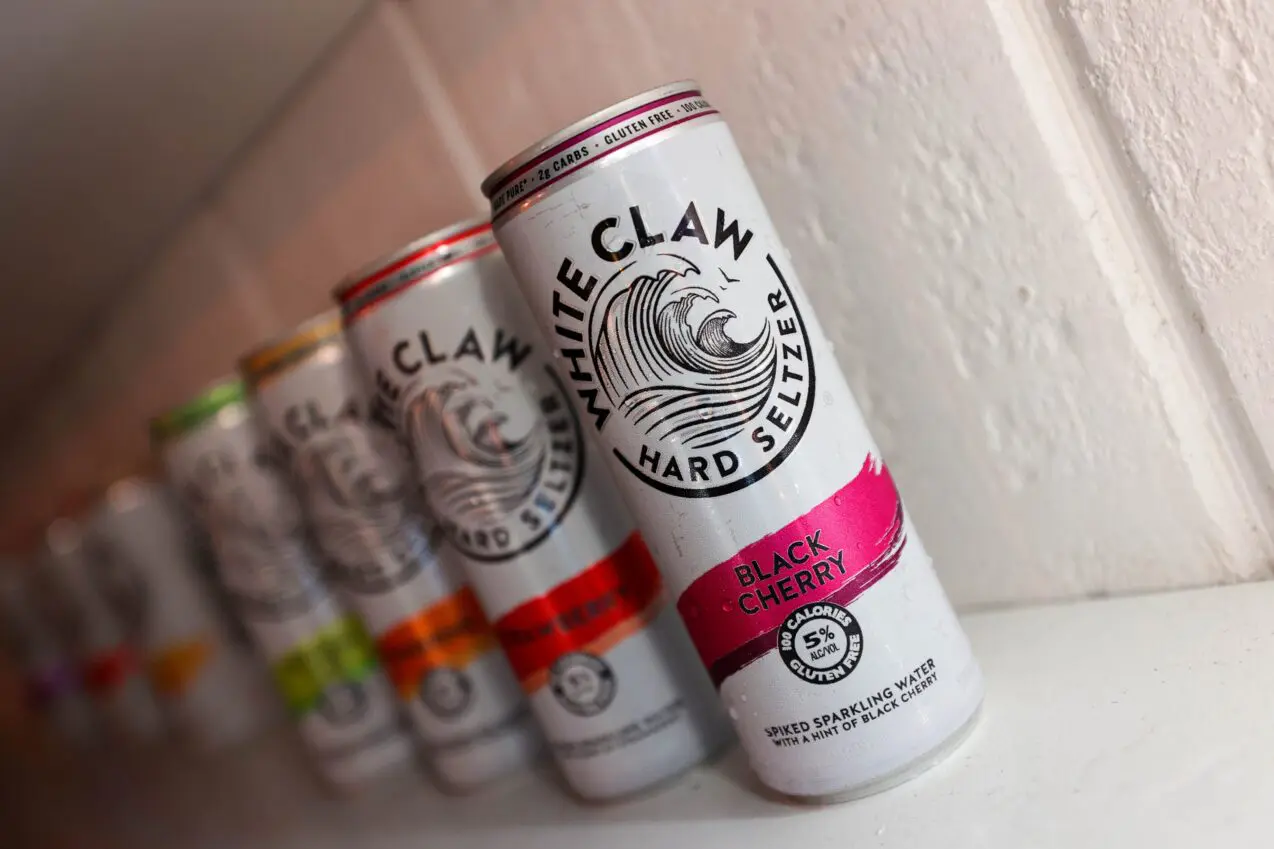
Hard seltzers have also gained attention for potentially reducing hangxiety risks. Popular brands became widespread partly due to their lower calorie count, but they also contain fewer congeners - chemical byproducts of fermentation that include acetone, acetaldehyde, and methanol.

The darker spirits pose particular challenges when it comes to next-day anxiety. Whiskey and brandy, aged in wooden barrels that add complexity to their flavor profiles, can trigger stronger reactions in the brain.
"Complex alcohols, which are more powerful than ordinary alcohol, cause more adaptation in the brain, making you more intoxicated even by drinking smaller amounts, leading to greater hangovers and increased anxiety," Nutt told The Telegraph.
Red wine drinkers might face additional hurdles. Beyond its congener content, red wine contains tyramine and histamines - natural compounds linked to increased anxiety symptoms. White wine typically has lower levels of these substances.
The science underlying hangxiety takes into account many bodily systems. Being a diuretic, alcohol makes you pee more often, which might make you dehydrated. Because of this loss of fluids, you can have lightheadedness, lethargy, and restlessness the next day.
Drinking also disrupts hormone levels. Research shows hangovers correlate with higher levels of cortisol, often called the stress hormone. At the same time, dopamine - a brain chemical linked to pleasure and reward - drops below normal levels.
The physiological impact of hangxiety varies among individuals. While certain drinks may statistically pose lower risks for anxiety, factors such as overall consumption amount, hydration status and personal physiology play significant roles in hangover symptoms.
Medical professionals emphasize that while choosing certain drinks might help reduce hangxiety, moderation remains key. The surest way to avoid morning-after anxiety is to limit alcohol intake overall and stay hydrated while drinking.
For those already experiencing hangxiety, medical experts recommend several coping strategies. Staying hydrated with water and electrolyte-rich beverages can help ease physical symptoms. Light exercise like walking may help reduce anxiety by releasing natural endorphins. Deep breathing exercises and regular meal times can also help stabilize mood swings. You can even try mindfulness or just take a nap to distract yourself.
"The key is not to fight the anxiety but to understand it's a temporary state caused by your brain chemistry readjusting," Nutt told The Telegraph. "Most symptoms resolve within 24 hours.
The effects of alcohol on brain chemistry are still a mystery, but researchers are working to fill that gap. With this information in hand, drinkers may be able to make better decisions for their emotional and physical health.

 Estimated 24.6 million TV viewers watched inauguration coverage, smallest audience since 2013
Estimated 24.6 million TV viewers watched inauguration coverage, smallest audience since 2013
 Mother on trial in West Virginia denies locking adopted teens in shed
Mother on trial in West Virginia denies locking adopted teens in shed
 Extreme cold and snow across the South isn't a threat to most native plants and animals, experts say
Extreme cold and snow across the South isn't a threat to most native plants and animals, experts say
 Star-filled Louis Vuitton show unveils East-meets-West streetwear in collaboration with Kenzo
Star-filled Louis Vuitton show unveils East-meets-West streetwear in collaboration with Kenzo
 Trump order leaves Cuba prisoner deal in limbo
Trump order leaves Cuba prisoner deal in limbo
 Ichiro Suzuki headlines 2025 Baseball Hall of Fame class, receiving 99.7% of the vote
Ichiro Suzuki headlines 2025 Baseball Hall of Fame class, receiving 99.7% of the vote
 The facts about Trump's Stargate AI announcement
The facts about Trump's Stargate AI announcement
 Trump says he is open to Musk buying TikTok if Tesla CEO wants to do so
Trump says he is open to Musk buying TikTok if Tesla CEO wants to do so
 Chicago Bears hire offensive guru Ben Johnson as head coach
Chicago Bears hire offensive guru Ben Johnson as head coach
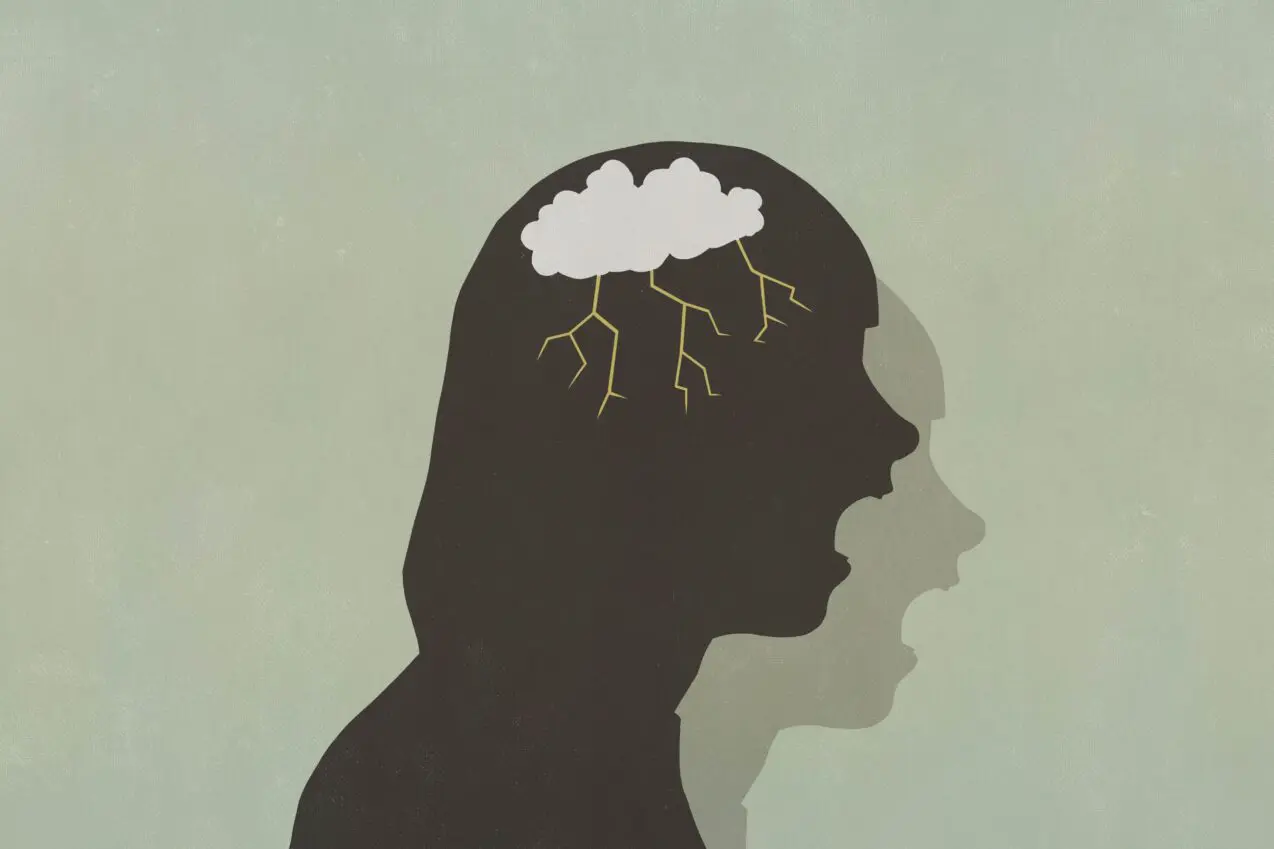 New brain research explains why your choice of a drink affects hangxiety levels differently. Learn what could leave you more anxious.
New brain research explains why your choice of a drink affects hangxiety levels differently. Learn what could leave you more anxious.

